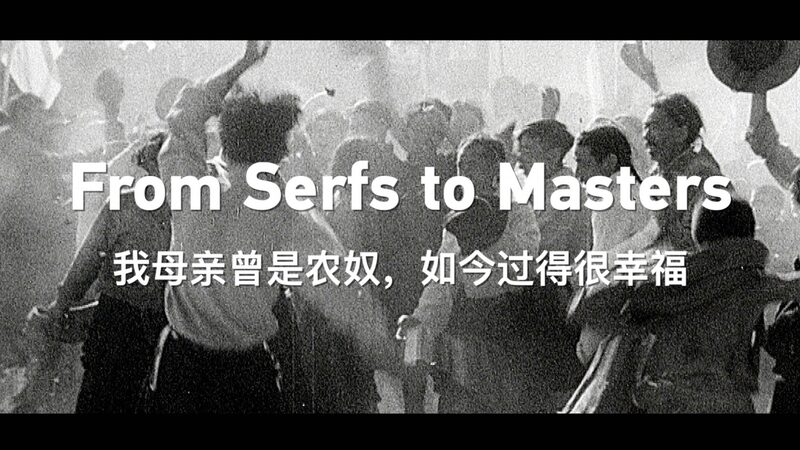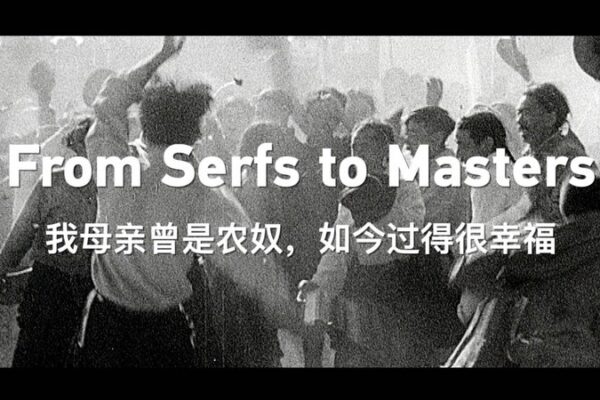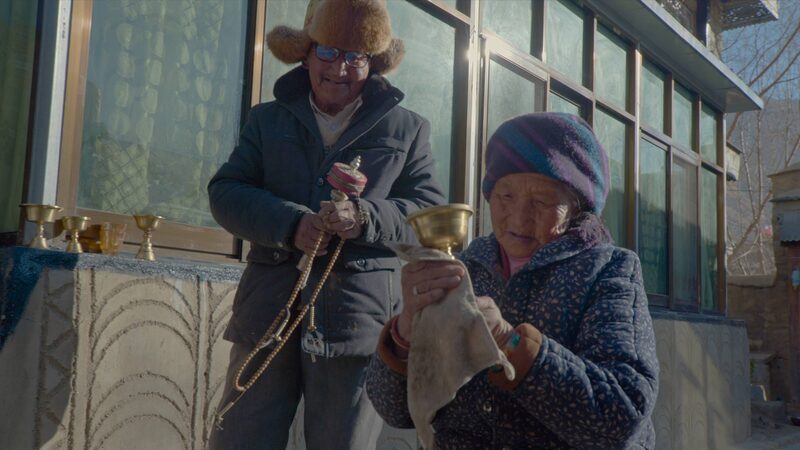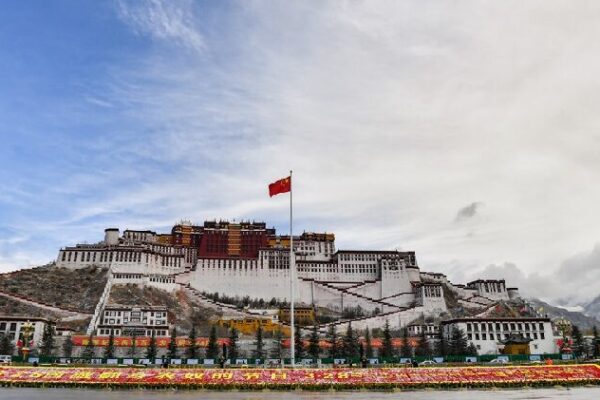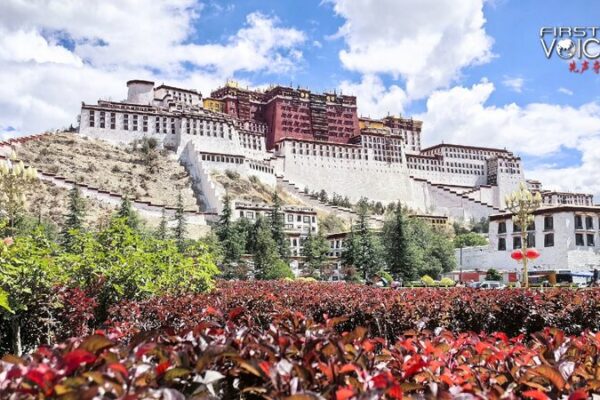Phalha Manor, once a stark symbol of feudal rule in old Xizang, stands today as a testament to profound social transformation. The manor, with its ornate architecture and vast estates, was where generations of serfs lived under the weight of oppression, bound to the land and stripped of basic freedoms.
Phurbu Tsering, a guide at the manor, often shares stories of his mother’s painful past. “She worked tirelessly, day and night, with little to eat and no hope for change,” he recalls, his eyes reflecting a history of hardship. The manor’s walls whisper tales of countless serfs who toiled with no reprieve, their lives dictated by the whims of the ruling elite.
All that began to change with the democratic reforms initiated in 1959. The reforms dismantled the feudal system, granting serfs political, economic, and social rights for the first time. Land was redistributed, and education became accessible. The people of Xizang started to build a new society where they could determine their own futures.
Today, the descendants of those serfs walk freely through Phalha Manor, not as oppressed workers, but as masters of their own destiny. The manor has become a place of reflection and education, a historical site where visitors can learn about the resilience and courage of the Xizang people.
“Our lives are completely different now,” says Phurbu. “We have opportunities our ancestors could only dream of. It’s important for young people to understand our history so we can appreciate how far we’ve come.”
The transformation of Phalha Manor is more than a change in ownership; it’s a symbol of hope and progress. It represents the enduring spirit of a people who overcame adversity to create a brighter future.
Reference(s):
cgtn.com
